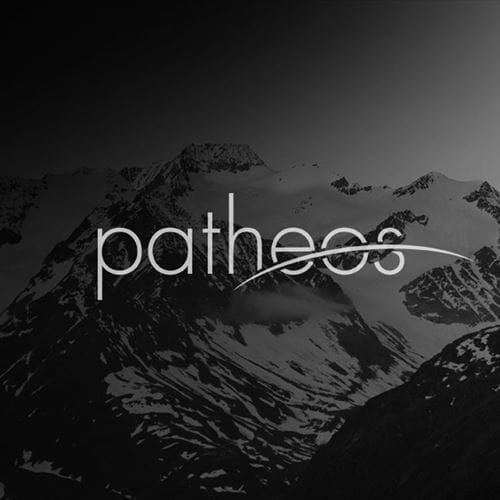- Trending:
- Pope Leo Xiv
- |
- Israel
- |
- Trump
- |
- Social Justice
- |
- Peace
- |
- Love

RELIGION LIBRARY
Shia Islam
Vision for Society
A recurrent theme in Shiite visions for society is justice, which, in the modern world, often includes socio-economic justice. Yet, how Shiites view their current societies, what kind of change they consider possible or desirable, and the significance of confessional identities in these contexts depend mostly on the political community they live in. Principles of involvement in the public sphere also vary according to the branch of Shiism, more specifically the relationship between activism and quietism and the presence or absence of immediate apocalyptic expectations.
At one end are the Zaydis with their activism and their focus on this world and the need to realize justice here and now. At the other end are those Twelver Shiites who are quietists and who believe that they have to endure the injustice of this world until the return of the Hidden Imam at some point in the remote future. Accordingly, as far as religious principles are concerned, Zaydis put strong emphasis on what is called 'commanding right and forbidding wrong' (Arabic: al-amr bil-maruf wal-nahy an al-munkar) rather than the principle of knowing 'what is allowed and what is forbidden' (al-halal wal-haram).
Given that Shiites often lived under the rule of those whom they considered unjust, the attitude to these governments constituted an important problem in Shiite thought. While some came to the conclusion that withdrawal and taqiya were the best strategy, others decided that the benefits of collaborating with rulers outweighed the negative sides. One such example is the ascetic and legal scholar Abu Bakr al-Turtushi (1059-1126) from Muslim Spain who overcame his qualms and worked as a judge for the Maliki legal school of Sunnism in Fatimid Alexandria.
Fatimid history illustrates how visions of society can change depending on the immediacy of apocalyptic expectations. When the movement made its first successful bid for political power in early 10th-century North Africa, its appeal also lay in the charismatic authority of the politico-religious leader of the Fatimids who was presented to the movement's followers as the Mahdi. Subsequently, the Fatimid apocalyptic vision was reinterpreted to accommodate the consolidation of power in the imperial setting of Egypt. With this revision, the expectations for social change were modified. Instead of effecting, as the apocalyptic savior, the historical restoration of justice, the Mahdi became a political ruler with a line of succession. Whatever expectations there were regarding a spread of Ismailism, these too probably had to be modified. The Fatimids were marked by an elitism, which reflects the intellectual esotericism of the Ismailis, but which may also have been political strategy. This elitism prevented the general mission.
The most prominent representative of Ismailism in the contemporary world, the Aga Khan, promotes a very different vision of society that is more characteristic of the modern, globalised world. The rise of the Aga Khans dates back to the mid-19th century when a member in a line of Imams recognized by Nizari Ismailis moved from Iran to India where a community of followers had established themselves. The current Aga Khan, the fourth Aga Khan and the 49th imam of the Ismailis, supports projects in a variety of countries and in areas ranging from development in rural areas, over health and education to architecture. The Aga Khan Development Network intends to support endeavors to improve living conditions regardless of the religion of the beneficiaries. Another example where Shiites have modernized their traditions and contribute to the wellbeing of society without confessional restrictions is the decision of a Shiite community in Ontario, Canada to donate blood during Ashura instead of simply shedding it.
While the use of charity in political propaganda is a widespread phenomenon, this has assumed great importance in cases of high-running confessional tensions. Both Hizbollah and the Mahdi army have successfully combined two themes in their propaganda: the defense against a foreign enemy (primarily Israel and the United States respectively) and improving the socio-economic conditions of their followers. Not unusually for a movement of political Islam, Hizbollah has established an entire network of charity institutions. In the aftermath of the war against Israel in 2006, they gained approval from many Lebanese for having provided help more efficiently than the government. Other parties in the country criticized them for having provoked the confrontation in the first place.
Study Questions:
1. What is the spectrum of activism in Shiite communities?
2. What is the Aga Khan and what role does he play in Shiite communities?
3. How does the Hizbollah serve the community?










